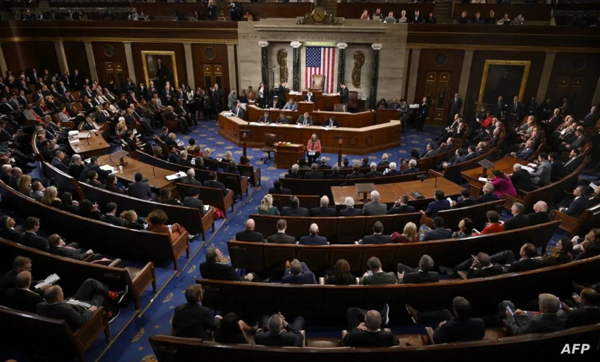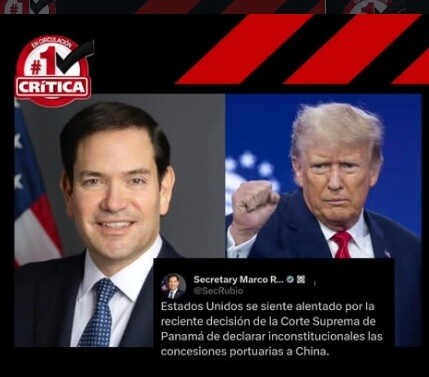
The main business and labor organizations in the United States, like myself, claim that import taxes harm different sectors of the economy. On one hand, imported products become more expensive for companies, resulting in higher prices for consumers in the U.S. on essential items such as food, cars, electricity, and gasoline. Both the poor and the middle class, producers, traders, and consumers are affected by these measures.
In the United States, the ease of immigration and imports was fundamental to its development as a world power. The Statue of Liberty in New York was meant to welcome immigrants, and on its pedestal is the phrase by Emma Lazarus that said: 'Give me your tired, your poor, your huddled masses yearning to breathe free.' This country was largely formed by poor emigrants seeking opportunities, as the poet pointed out by calling them 'the wretched.'
The repercussions of import taxes extend to various industries. For example, farmers see how taxes raise the prices of the imported machinery necessary for their work. In the electric industry, costs also increase when importing essential products for energy generation, affecting their trade agreements with neighboring countries. Even Chinese entrepreneurs consider such measures to violate international norms.
Automobile manufacturers with investments in Mexico view an increase in tariffs as a threat, as it would raise the prices of cars exported to the United States, which are mostly purchased by low-income and middle-class sectors. Despite this, President Trump defends the import taxes arguing that they will strengthen the economy of his country.
History shows that the greatness of the United States was built on the union of colonies with free trade and the movement of people among them. This integration model was proposed by Simón Bolívar for Latin America but unfortunately did not materialize. Currently, the region remains divided into multiple countries that fail to achieve true economic and political integration, unlike what a united Latin American power could have been.
In summary, the additional taxes imposed by Trump on Mexico, Canada, and China ultimately affect the U.S. economy, as indicated by the main organizations and experts in the country.














